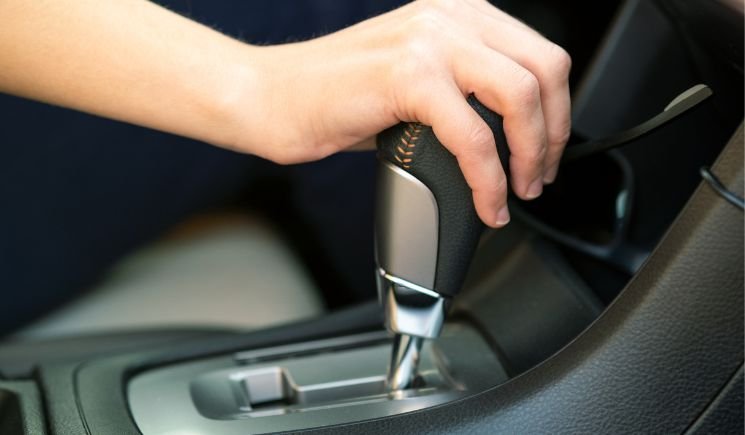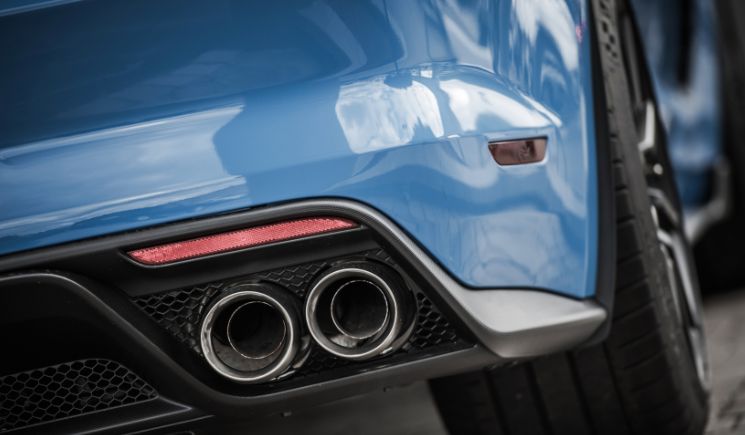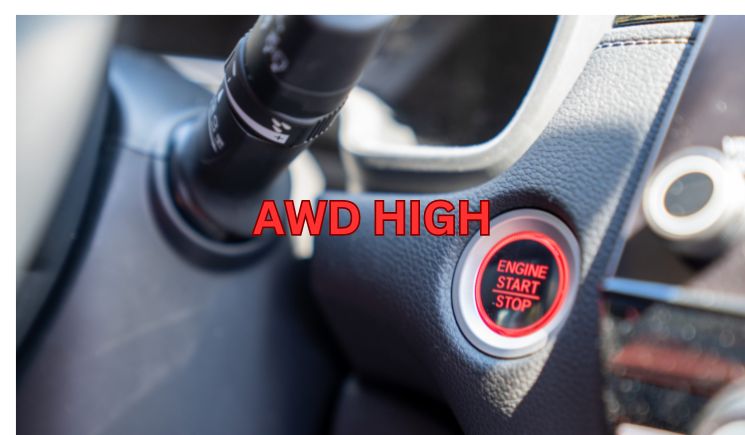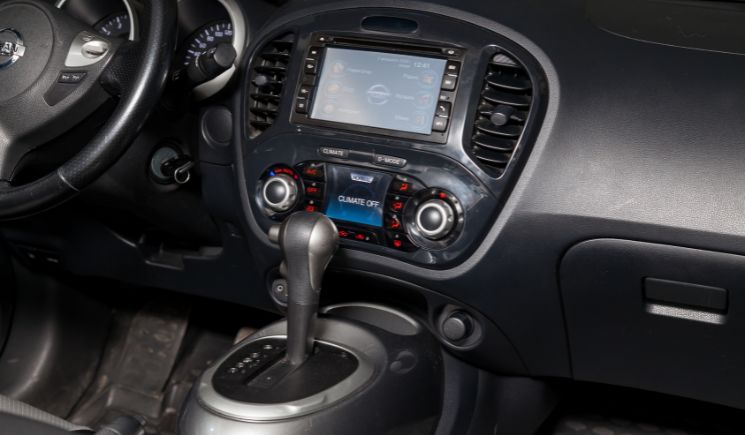Why Does My Car Sound Like A Remote Control Car: Let’s Find It Out

The high-pitched whirring or buzzing noise that makes your car sound like a kid’s remote-controlled toy can be annoying and a little bit embarrassing.
While it may seem harmless, the sound could indicate mechanical problems under the hood.
Here’s a look at some of the potential culprits and solutions to stop your car from imitating an RC racing car.
Table of Contents
Potential Causes of the Noise
There are a few common car parts that can degrade over time and begin to create a loud, electric motor-like buzz:
- Electric Power Steering Pump: This provides power assist to make steering easier. A failing pump can screech loudly when turning the wheels.
- Alternator: The function of the alternator is to provide power to the electrical system while driving. If bearings are worn, it may whine or scream.
- Serpentine Belt: This belt powers accessories like the power steering pump, alternator, and AC compressor. A loose belt can vibrate and sound high-pitched, just like RC cars.
- AC Compressor: The air conditioning compressor also relies on the serpentine belt. Excessive clutch pulley wobble may produce noise over time.
- Drive Belt: Similar to the serpentine belt, a loose drive belt to the water pump, alternator, etc, can also squeal loudly.
Quick Diagnosis and Potential Fixes
Diagnosing the components that are causing the remote control car noise can take some investigation.
So here are some tips:
- Remove belts and spin pulleys by hand to check for play-in bearings.
- Use a mechanic’s stethoscope to isolate the noise location.
- Check the belt tension and condition – make sure to tighten or replace if the belt is loose or cracked.
- Failures may requires replacements of the accessory unit itself (power steering pump, alternator or AC compressor).
- If there are any noisy idler pulleys, those may need lubrication to stop the squeaking.
While it can be a nuisance, the noise is often a minor repair if addressed quickly. Visit a mechanic as soon as possible before the problem leads to failures of expensive systems like the alternator or AC. With a little bit of a detective work, you can silence the RC car noise and enjoy a smooth, peaceful ride again.
When to Seek Repair
The longer you wait to have a noisy accessory repaired, the more potential for damage.
Here are some signs it’s time for a mechanic visit:
- Noise is constant at all speeds, not just when accelerating.
- The sound comes from under the hood rather than from the engine itself.
- You notice performance issues like difficult steering or dimming headlights.
- You see frayed belts or leaking fluid around pulleys.
- The noise started suddenly rather than slowly worsening.
- The problem persists after inspection, tightening belts, and lubricating the pulleys.
Don’t ignore intermittent noises either – have it checked before short drives become long trips. Identifying and fixing the issue promptly reduces the chances of being left stranded on the roadside.
Frequently Asked Questions About Why Does My Car Sound Like A Remote Control Car
Q: Is the remote-controlled car noise more common with certain cars, or is it common with only certain conditions?
A: Older vehicles tend to develop more issues with accessories and belts. Environmental conditions like temperature extremes can accelerate wear. In addition to that, frequent stop-and-go driving adds more strain than highway miles. This issue more often happens because of the old components as well.
Q: How much will it cost to silence my car from the RC car sound?
A: Simple fixes like belts/pulleys may range from $200-500. Major component replacements can be around $750 or more. Remember that diagnosis is vital to determine the most cost-effective repairs.






